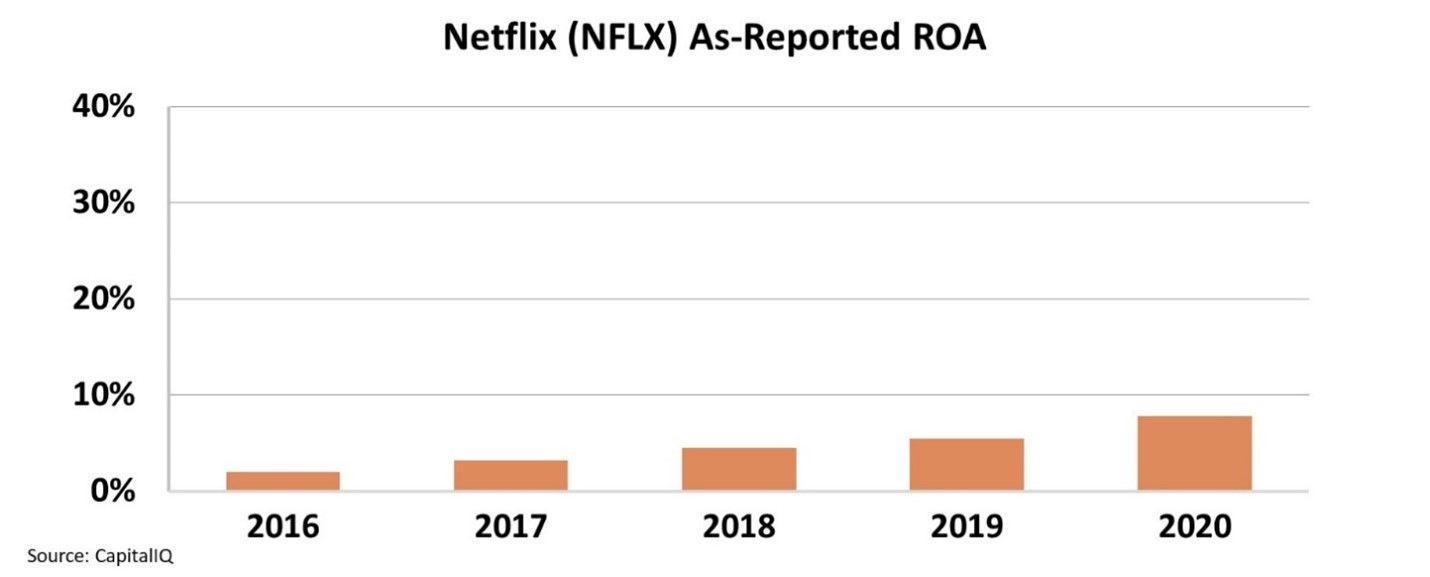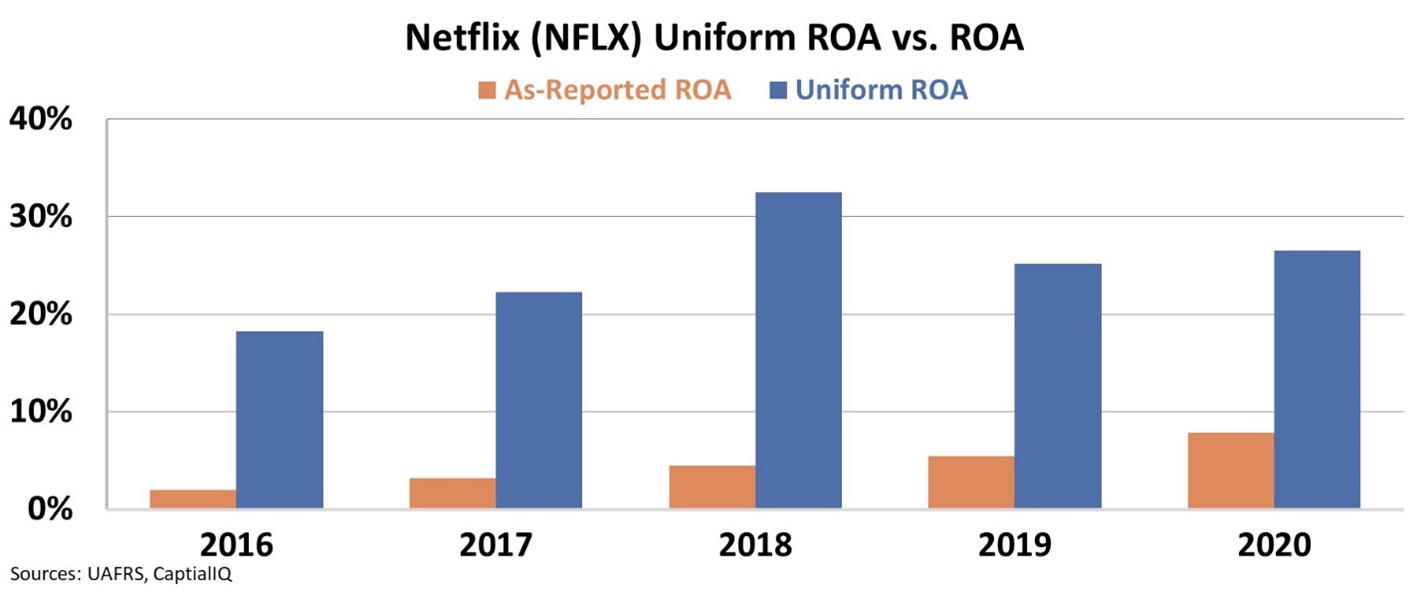 Europe's 'Great Experiment' has never gotten close to emulating the U.S...
Europe's 'Great Experiment' has never gotten close to emulating the U.S...
The nascent European Union started as an economic agreement to lower tariffs for steel. As the power and responsibilities of the bloc grew, many politicians thought it could become the "United States of Europe."
British Prime Minister Winston Churchill admired the federalist approach to government and hoped for Europe to become a "United States" as early as 1946.
Folks like Churchill saw the benefit of encouraging a level of cooperation to prevent war and facilitate economic growth in Europe that only a central government could provide.
Specifically, the EU would have to integrate more while keeping a healthy standard of federalism.
However, some key issues with this dream have cropped up repeatedly...
Unlike in the U.S., the different languages and cultures – as well as a shared-but-often-frictional history – have made the EU's integration a challenge.
A shared revolutionary experience and a homogenous language and culture were the driving force behind folks in the U.S. moving from being a "New Yorker" or a "South Carolinian" to an "American."
Furthermore, the politicians that established the U.S. Constitution dealt with less scrutiny and oversight compared with anyone working on unifying the EU.
Until cultural bonds can be forged in the EU, the bloc will have a hard time forming something similar to the U.S.
And yet, one company is helping to stitch together a kind of cultural unity for the EU.
It isn't working toward any political purpose... It's simply trying to maximize its returns on its investment in content.
 Netflix (NFLX) is unifying culture in the EU to make its streaming platform even more profitable...
Netflix (NFLX) is unifying culture in the EU to make its streaming platform even more profitable...
Europe is the company's largest market opportunity outside of the U.S. That means Netflix needs to release content that appeals to as many people and cultures across the continent as possible.
For example, the company's Europe-focused content such as Barbarians, Capitani, and Lupin will hopefully be watched by most Europeans.
Netflix has tried to guarantee this will happen by investing in translating its content through subtitles and dubbing, so people can consume the content in any language.
The company dubs 34 languages for its shows and subtitles for even more. Netflix even has subtitles for Luxembourgish, an obscure dialect from the small country between Germany and France.
By giving Europeans shared content, the company is helping bring them together with a unified culture in a new way.
 Netflix is already a content giant... But the as-reported financials paint a bleaker picture.
Netflix is already a content giant... But the as-reported financials paint a bleaker picture.
Based on GAAP metrics, while all this investment is helping Netflix gain a following, its massive spending in this area is holding down returns.
Although the company's as-reported return on assets ("ROA") has risen over the past five years, these levels are still well below the U.S. corporate average of 12%. Since 2016, Netflix's profitability has only moved from 2% to 8%. Take a look...
 But once we clean up the financial distortions with Uniform Accounting, we can see the real story...
But once we clean up the financial distortions with Uniform Accounting, we can see the real story...
In reality, Netflix's Uniform ROA was 27% in 2020, not 8%. The company's returns are well above corporate averages and have consistently exceeded 18% over the past five years.
Netflix's investment in content and expanding to new markets has been paying off with more subscribers... And Uniform Accounting proves that this is translating to the company's bottom line.
Regards,
Joel Litman
April 27, 2021
P.S. Netflix is one of the stocks we recommended to our Altimetry's Hidden Alpha subscribers last May as a company poised to take advantage of the big societal shifts in the wake of the coronavirus pandemic. Subscribers who followed our advice are up 22%... And we're still bullish on greater upside ahead.
We've also identified 10 other stocks primed for big moves higher as this big shift plays out. To learn how to gain access to the full list, click here.



 Europe's 'Great Experiment' has never gotten close to emulating the U.S...
Europe's 'Great Experiment' has never gotten close to emulating the U.S...



